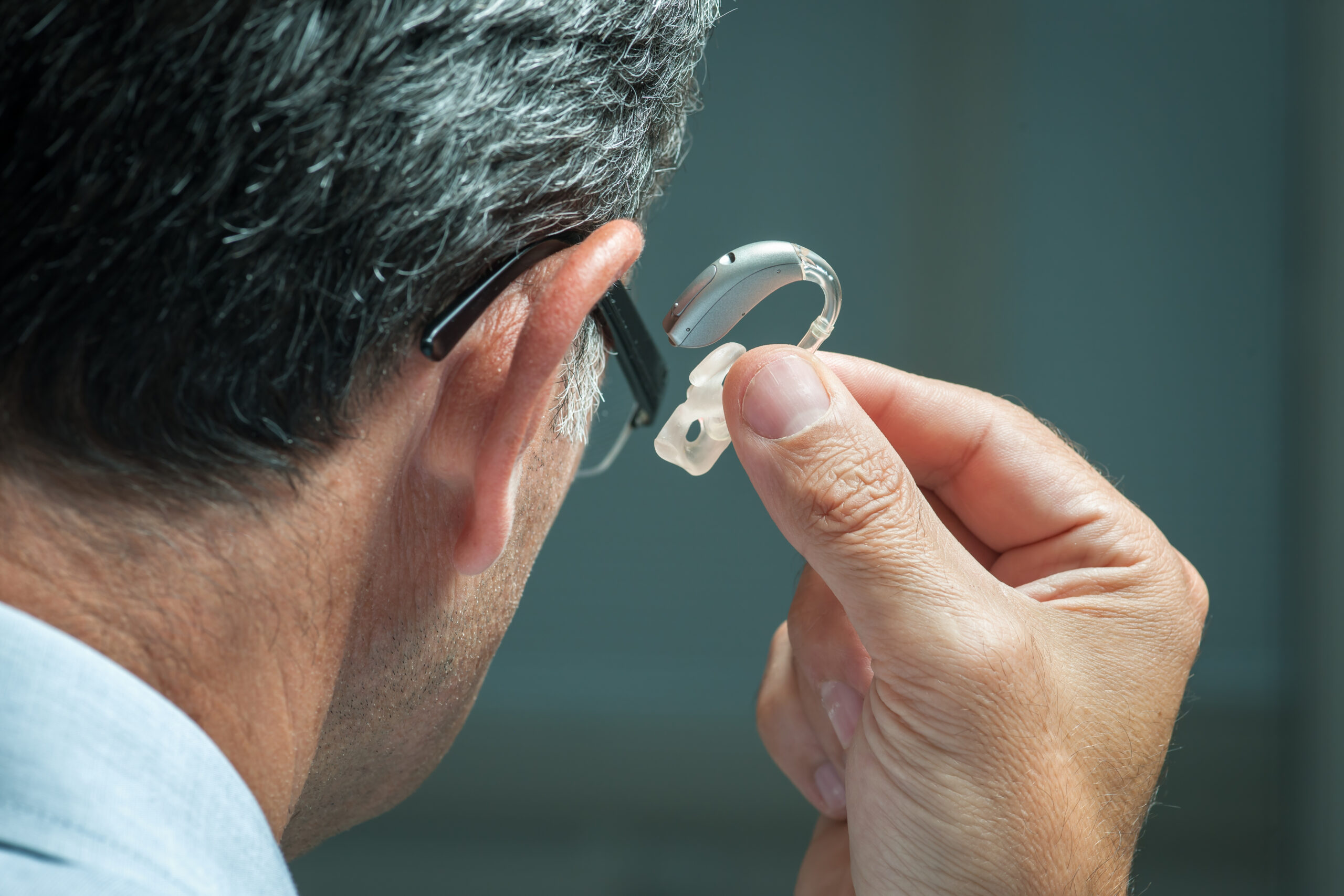Hearing loss is a common problem that affects people of all ages. In 2022, the National Center for Health Statistics estimated that about 15.5% of adults living in the United States had some difficulty hearing, which corresponded to approximately 44.1 million adults. Hearing loss is especially prevalent in older adults, who may develop hearing loss due to damage accumulated throughout age. Hearing loss can have several adverse effects on a person’s life. A previous study by researchers at Linköping University elaborated that uncorrected hearing loss impacts all areas of life, including activity limitation, health, and satisfaction.
Hearing aids pose as an intervention to hearing loss by amplifying sounds in the environment. However, despite the great number of individuals who may benefit from hearing aids, only about one out of three seniors ages 70+ and approximately 16% of adults under 70 utilize hearing aids. This may be due to barriers including stigma, cost, and accessibility. Growing research has been supporting hearing aids in their role to help improve an individual’s longevity, particularly in those who suffer from hearing loss. A recent study by researchers at the University of Southern California examined whether the usage of hearing aids in people with hearing loss is related to mortality in the United States. The researchers assessed 9885 adults ages 20 and older who previously participated in the National Health and Nutrition Examination Survey from 1999 to 2012. They followed up with these adults by asking them to complete a hearing exam as well as questionnaires about hearing aid usage. The researchers tracked each participant’s death or mortality through the National Death Index.
The researchers performed statistical analyses on the participants’ results to predict their survival estimates and calculated the outcome of each factor (hearing loss severity and hearing aid usage in relation to mortality). What the researchers found was , in those who have hearing loss, participants who used their hearing aids consistently have lower mortality risk than participants who do not use their hearing aids consistently. Furthermore, participants with hearing loss who used their hearing aids regularly also have lower mortality risk than those who never use hearing aids.
Hearing aids can significantly improve the health and well-being of people with hearing loss. They can help to reduce the risk of cognitive decline, dementia, depression, and social isolation. They can also help to reduce the risk of falls and injuries. As a result, hearing aids can allow people to live longer, healthier lives.
Featured Image Source: Alexander Raths










